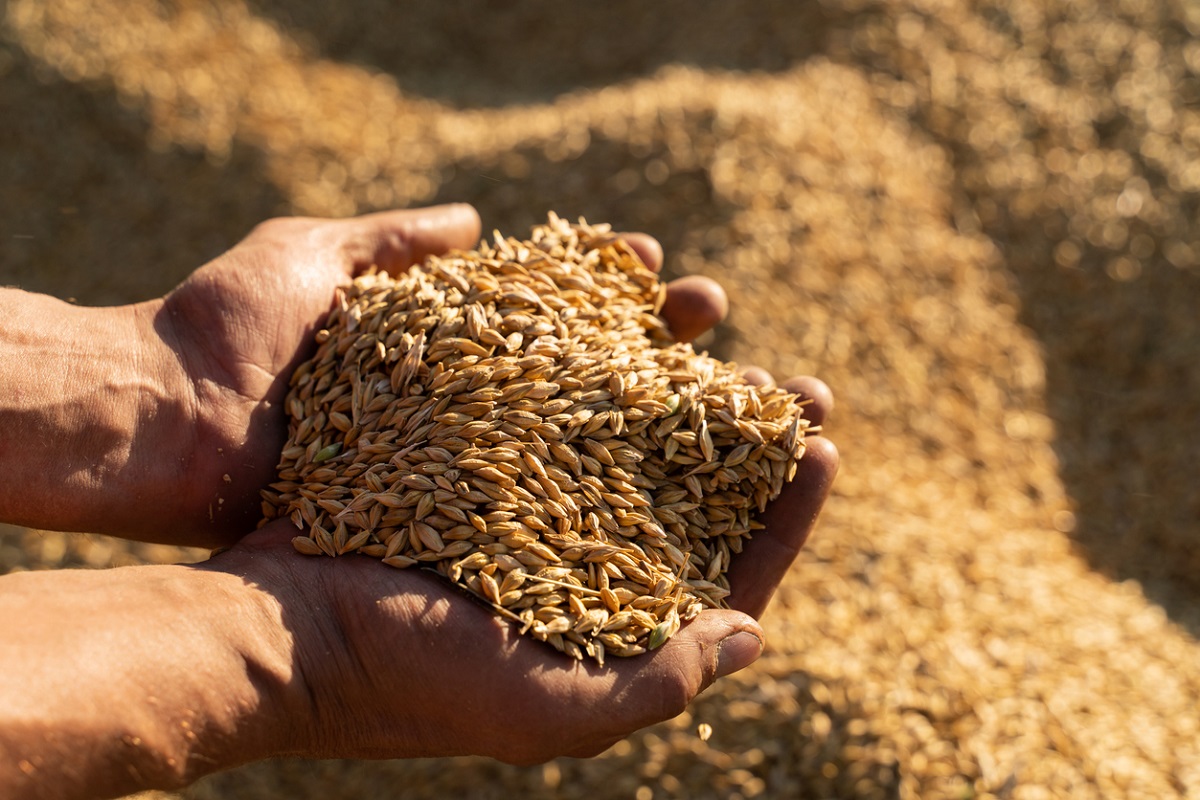
Experts Highlight Ag-biotech’s Role to Achieve Europe’s Food Security Goals
February 8, 2023| |
In an article published in Trends in Biotechnology, Polish scientists emphasized the need for Europe to use modern biotechnology tools like genetic modification (GM) and genome editing to ensure food security in the region, especially with the ongoing threat of the COVID-19 pandemic and conflict in Ukraine.
The article aligns the European Green Deal set to make Europe climate-neutral by 2050 with the United Nations' Sustainable Development Goals (SDG) of 2015. One of the targets of SDG is to decrease food loss and waste. The experts are proposing to move beyond the traditional four-pillar framework of security, i.e., availability, access, utilization, and stability, to a six-dimensional framework instead, which incorporates agency and sustainability. This will entail new solutions in agriculture to improve productivity and reduce food waste, and genome editing is one of the proposed solutions.
GM and genome-edited crops have the potential to lower both pesticide use and soil damage and reduce greenhouse gas emissions. The crops also display traits of disease, herbicide, and stress resistance, and are high in nutritional quality. Modern ag-biotech tools have the ability to increase crop productivity without expanding the farm footprint. All these benefits have been supported by numerous scientific studies, and it is undeniable that GM crops are likely to make critical contributions to food security and adaptation to climate change. Modern biotechnology represents unique applications of science that is beneficial to society, and its strengths outweigh the weaknesses and opportunities surpass threats.
However, experts stressed that all these benefits could only be utilized with the support from governments to help set up an updated regulatory framework. They suggested designing a policy to support all dimensions of food security to increase the resilience of food systems because the full potential of genome editing cannot be realized if the European Commission decides to set up a regulatory framework that will instead ban the technology.
Modern biotech products can potentially contribute to sustainable agri-food systems that are parallel to European Green Deal and Farm to Fork Strategy. The experts are urging the authorities to act accordingly to meet the urgent food security challenges by supporting programs that promote long-term resilience or face damaging consequences that will be felt across borders.
Read the full paper in Trends in Biotechnology.
| |
You might also like:
- Europe's Current Approach to Food, Agriculture, and the Environment Not Sustainable, say European National Science Academies
- Europe Needs Policy Changes to Contribute to Global Food Needs
- Key Developments in Agriculture Help Ensure Food Security for the World's Growing Population
Biotech Updates is a weekly newsletter of ISAAA, a not-for-profit organization. It is distributed for free to over 22,000 subscribers worldwide to inform them about the key developments in biosciences, especially in biotechnology. Your support will help us in our mission to feed the world with knowledge. You can help by donating as little as $10.
-
See more articles:
-
Plant
- Scientists Discover Sorghum Gene Against Anthracnose
-
Animal
- ISAAA Inc. and Partners Release Policy Brief on Animal Biotech
-
Food
- Experts Highlight Ag-biotech’s Role to Achieve Europe’s Food Security Goals
- Thailand Updates Regulation of GM Foods
-
Health
- Application Filed for Marketing of COVID-19 mRNA Booster Vaccine in Japan
-
Read the latest: - Biotech Updates (February 18, 2026)
- Gene Editing Supplement (January 28, 2026)
- Gene Drive Supplement (February 22, 2023)
-
Subscribe to BU: - Share
- Tweet

